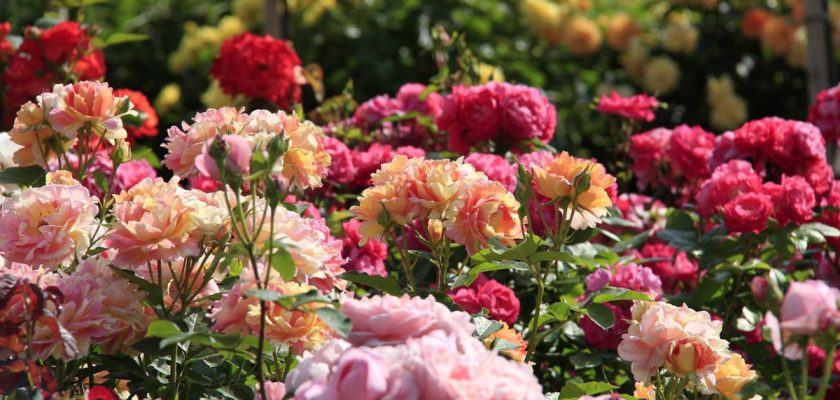You’ll have noticed that I haven’t posted any gardening geekiness for a while. I’d like to call it temporary yet benign neglect.
Temporary, because by the very nature of this article, I’ve begun to write and post again; benign, because I trust there’s been no long-term damage.
This period of writing abstinence has, funnily though, coincided with a period of temporary yet benign neglect in the garden.
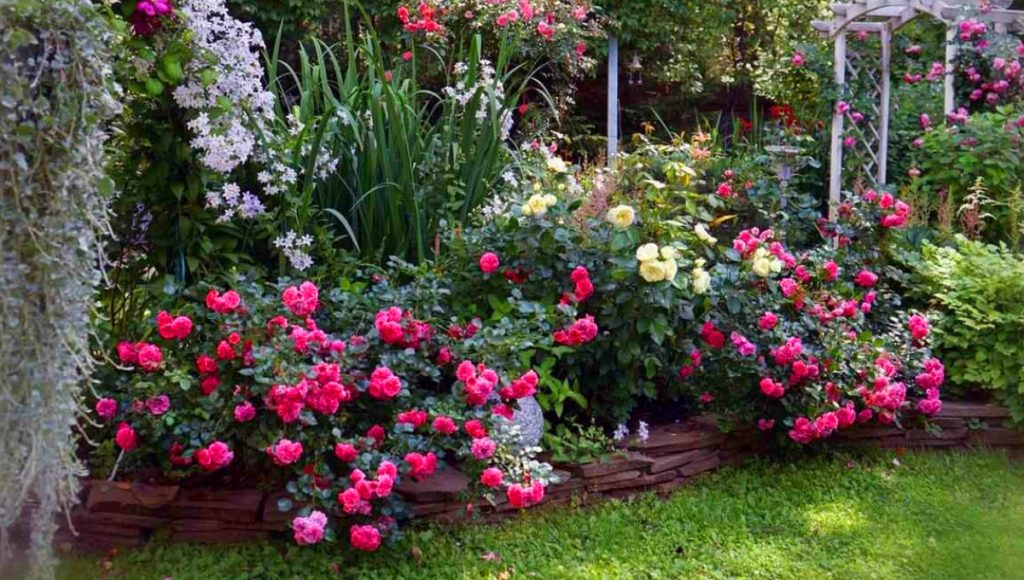
Recent life events had forced me to pause my normal rhythm of planting and nurturing. I’m sure we all get those times when it’s just enough to keep plants alive with a splash of the hose every now and again, when we trust that aside from a few brown leaves as collateral damage, the green-ness will return and we’ll regain our gardening mojo.
Please don’t be alarmed. The life events I mentioned weren’t permanent or particularly traumatic, just enough to make me want to re-jig my priorities for a while.
It’s also been an obscenely warm southern hemisphere spring, with temperatures in the mid-30s, hot gusty winds and bushfires in areas surrounding Sydney that made news around the world. If it wasn’t too hot to garden, bushfire smoke made it extremely uncomfortable to do so.
All up, it was all too hard.
I’m only now beginning to think about this period of temporary yet benign neglect.
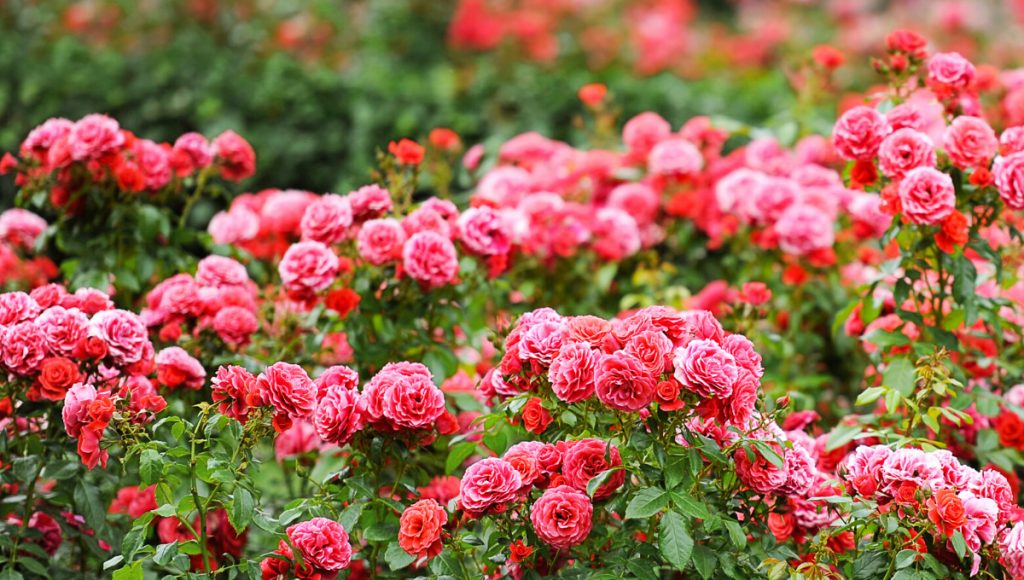
Is neglect always bad?
Neglect gets such a bad rap, doesn’t it? We feel guilty when we neglect our relationships, children suffer when we fail to give them the emotional and physical support they need, pets grow fat and sick when we don’t exercise them.
But does neglect have to be ALL bad? Why can’t neglect be a time of prioritising your time and energies, or of allowing your garden/life/whatever to get along fine thanks very much without you standing over it?
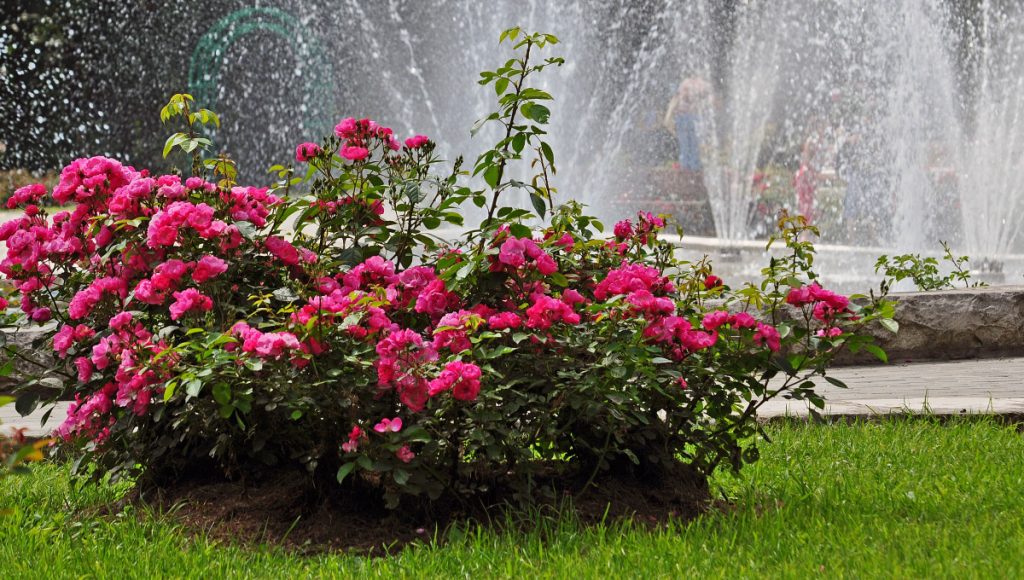
We talk of helicopter parenting – when parents stand over their children, eager to correct them, coddle them, protect them from every slight danger – and how this could breed a generation of troubled kids, unable to build resilience or independence, unable to learn adequately from their mistakes, unable to withstand the scrapes and bumps of childhood and beyond.
Maybe we’re sometimes guilty of helicopter gardening – when we watch and wait for seedlings to grow, when we pounce on weeds or pests, when we prune our trees back to how they were this time last year rather than let them grow over, or in, or to take a new shape.
Maybe, instead, we should embrace those occasions of temporary yet benign neglect and return to our gardens, lives, whatever, with new eyes.
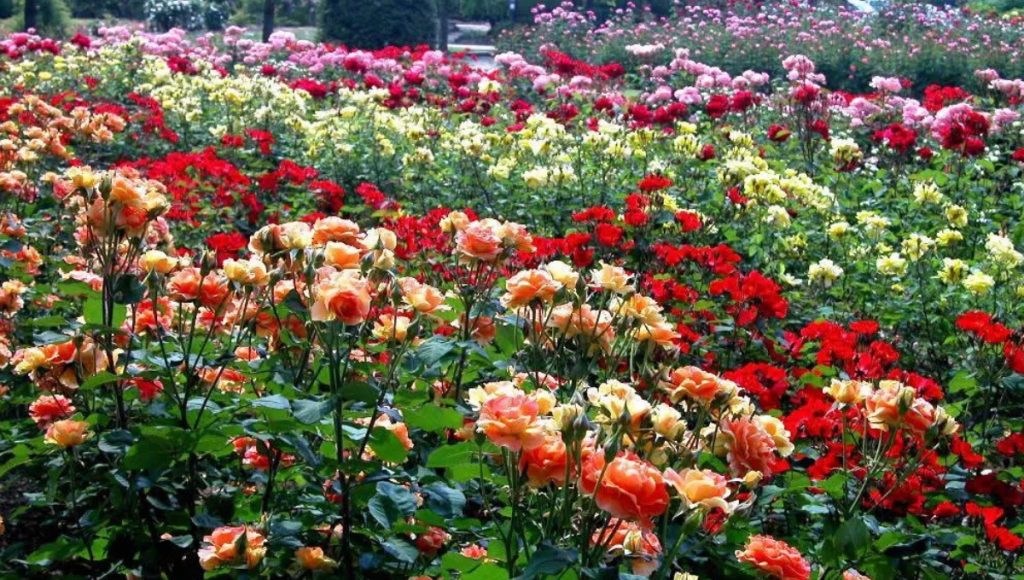
In this latest period of neglect:
- the rosebush – old, diseased, but still hanging in there – had flowered just enough granny-pink blooms to pick a posy for a friend who’s just had her first baby
the parsley had gone to seed (see main picture), and perhaps will give me next year’s crop - the mint had flowered with tiny petals, too small to do justice with my camera but I promise they were there, and
- the kale, which I should have pulled weeks ago, is now probably too tough or bitter to eat but towers over other plants in the vegie patch, giving them much needed shade.
I’m sure I’ll find other evidence of gardening life getting on perfectly without me over the coming days and weeks.
For now, I’ll think of this period of neglect as a positive one.
What happened in your garden recently when you weren’t looking?

